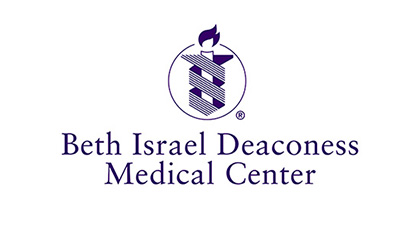
by Eileen Hughes
I was 20 years old when a new doctor I had just started seeing for my recent diagnosis of type 1 diabetes told me that his job was to help me learn more about diabetes, but ultimately it was my disease to manage. It was my choice to take insulin, to watch my diet, to exercise, to test my urine for glucose and ketones (this was before home blood glucose monitoring was available) and it was my choice to stay healthy. At 20, I was old enough to understand the complications that would likely arise if I didn’t take care of myself and I was young enough to dump any bad habits I had. I also figured out that with the right tools, I could be healthy.
OpenNotes has become one of those tools for me. OpenNotes lets me read my doctors’ notes about my medical appointments at Beth Israel Deaconess Medical Center. The notes are posted on the hospital’s secure website called PatientSite and I can read them anytime I want simply by logging in. It’s a great way for me to remind myself what I talked about with my doctor and to double check my treatment plan and make sure everything is correct.
When PatientSite became available at BIDMC, I was one of the first to sign up. I like the option of checking or rechecking test results, prescriptions and appointments. Once, I picked up a prescription for a medication that I used to take on a regular basis. The individual dose was double what I usually took. I logged in, checked my doctor’s prescription and confirmed that the dose had not changed. It turned out that the pharmacy had made a mistake in giving me the higher dose. It was clear to me then that online access to my medical records was an important tool for my health, and now that my doctor’s notes are available as well, it’s even more valuable to me.
Two years ago, I was diagnosed with Hypocomplementemic Urticarial Vasculitis (HUV), a rare autoimmune syndrome with involvement of the skin, joints, kidneys, and gastrointestinal tract. It is manifested by inflammation of blood vessels and certain membranes. Occasionally other organs like the heart and the lungs are involved. It was a complicated diagnosis that involved working closely with my primary care doctor and a number of specialists including an allergist, a dermatologist, a rheumatologist and a pulmonologist.
During this period, I used OpenNotes constantly. I was seeing so many specialists and having so many tests, that it was hard to keep everything straight. At that time, only my primary care doctor was using OpenNotes, but I was able to request notes from my specialists too. Being able to read about the visits and see all of my information online helped me to feel optimistic that I would be able to manage the HUV and be healthy again.
Not everyone’s health is as complicated as mine, and I know some people are dealing with even more health concerns, but I’m sure most patients could benefit from having online access to their medical records, including their doctors’ notes. Even though there’s a lot of medical language in there, I haven’t found anything that was troublesome. Occasionally, I have a question about something in the note and that just allows me to follow up and make sure I understand exactly what’s in my record.
Today, all of the specialists I see participate in OpenNotes. Over time, I have found some mistakes, for example, a note that indicated that I had type 2 diabetes instead of type 1, but I was able to talk with my doctor and the mistake was quickly corrected in my record. Since I’m seeing all of the notes, I’m more confident that my electronic medical record is accurate. I know that if I show up in the emergency department unable to speak for myself, my record will accurately reflect my health.
I frequently re-read my doctors’ notes just to be sure that I haven’t forgotten anything. My primary care doctor wrote suggestions on dealing with stress and insomnia that I didn’t remember after I left the office, but I know the suggestions are in my notes and I can go back to them whenever I want. And because I routinely read the notes, I feel like I have better conversations with my doctor, that I’m getting all my questions answered, that my doctor is hearing what I have to say and that we agree on what’s best for me and my health.
This post first appeared on BIDMC’s Health First blog.



